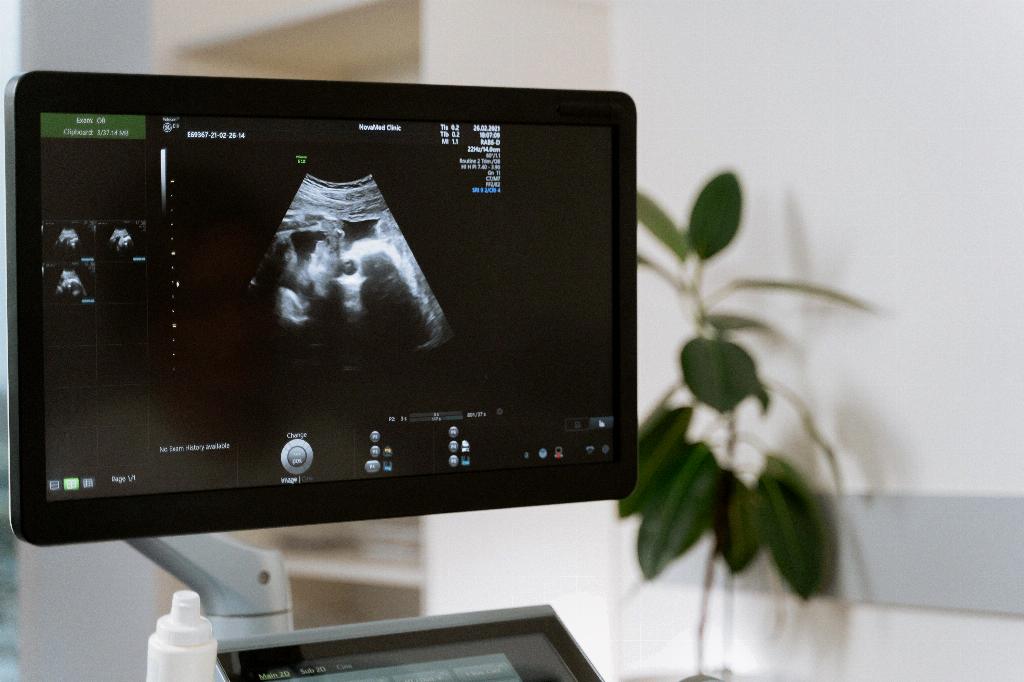When it comes to the topic of ectopic pregnancies, there is often confusion and concern surrounding the statistics. It has been widely stated that approximately 2% of all pregnancies are ectopic, leading many individuals to wonder about the risks and implications of this condition. In this article, we will delve into the truth behind this statistic and shed light on what it means for expecting mothers.
First and foremost, it is crucial to understand what an ectopic pregnancy actually entails. An ectopic pregnancy occurs when a fertilized egg implants itself outside of the uterus, most commonly in the fallopian tubes. This type of pregnancy is not viable and poses serious health risks to the mother if left untreated.
Now, let’s address the question at hand: Are 2% of pregnancies ectopic? The answer is yes. Research indicates that roughly 2% of all pregnancies are indeed ectopic. While this percentage may seem relatively low, it is important to recognize the potential consequences of an ectopic pregnancy and the need for prompt medical intervention.
It is essential to note that while most individuals who experience ectopic pregnancies do not have known risk factors, certain factors can increase the likelihood of this condition. Women with a history of sexually transmitted infections, pelvic inflammatory disease, endometriosis, prior ectopic pregnancies, or fallopian tube surgeries are at higher risk of developing an ectopic pregnancy.
Understanding the risk factors associated with ectopic pregnancies can empower individuals to take proactive steps in their reproductive health. Regular screenings, early detection, and open communication with healthcare providers are key components in preventing and managing ectopic pregnancies.
One of the most concerning aspects of ectopic pregnancies is the potential for serious complications if left untreated. Ruptured ectopic pregnancies can lead to life-threatening internal bleeding and require immediate medical attention. Recognizing the signs and symptoms of an ectopic pregnancy, such as abdominal pain, vaginal bleeding, and shoulder pain, is crucial for early detection.
In addition to physical complications, ectopic pregnancies can also have emotional and psychological impacts on individuals and their families. Coping with the loss of a pregnancy, navigating medical procedures, and addressing potential fertility concerns can be overwhelming experiences for those affected by ectopic pregnancies.
It is important for individuals to seek support from healthcare professionals, counselors, or support groups to process the emotional toll of an ectopic pregnancy. Open communication and seeking guidance from trusted sources can help individuals navigate this challenging time and make informed decisions about their reproductive health.
In conclusion, while 2% of pregnancies are ectopic, the implications of this condition are significant and require careful consideration. By understanding the risk factors, symptoms, and consequences of ectopic pregnancies, individuals can take proactive steps to protect their health and well-being. It is essential to prioritize regular screenings, early detection, and open communication with healthcare providers to ensure the best possible outcomes for expecting mothers.

